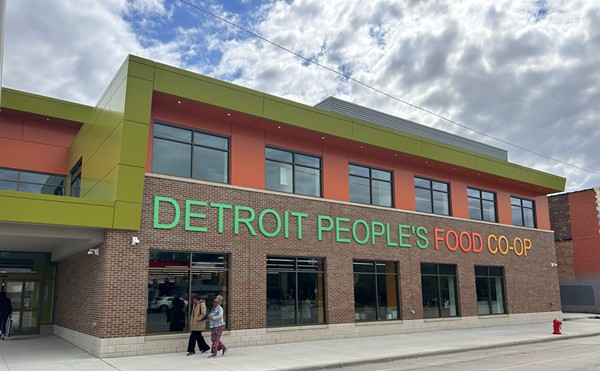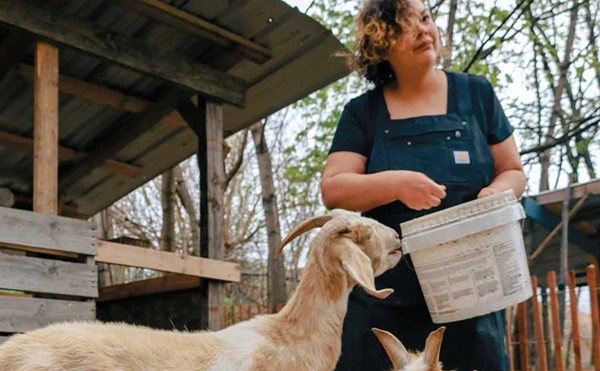"Marathon Man: A Michigan dentist's improbable transformation" by Mark Singer (New Yorker, 2012)
This summer, the New Yorker decided to open its archive to anyone for free, which you've hopefully taken advantage of. The magazine's litter of stories is ripe for picking (check The Awl's highlight of selections to read while the archive has been unlocked), but this piece, in particular, from Singer will straight up knock you on your ass. Some years back, Kip Litton, a dentist from Clarkston, generated a stir in the running world after the 48-year-old began winning numerous marathons. Runners who'd hit similar paces would still, somehow, lose to Litton. Singer highlights the incredible story here of a man who, for whatever reason, made a show of his supposed success: Litton kept a website that tracked his sub-three-hour marathons, including finishing times and a personal rehash of the day; he also used the site as a way to raise a quarter-million dollars for his son, who was born with cystic fibrosis. Keep with Singer the entire way; the buildup to the end is worth the wait.
"Acting French: It's hard to learn a new language. But it's harder to learn a new culture" by Ta-Nehisi Coates (The Atlantic, 2014)
Whether or not you've been interested in learning a new language, the way Ta-Nehisi Coates writes is something to behold. Here, Coates recounts his summer in Vermont, where he studied French at Middlebury College in Vermont. He writes that his daily study consisted of "four hours of class work and four hours of homework. I was forbidden from reading, writing, speaking, or hearing English. I watched films in French, tried to read a story in Le Monde each day, listened to RFI and a lot of Barbara and Karim Oullet." The story turns on the difficulty all of us face at some point in our lives: learning how to adapt to an entirely different culture, which, for Coates, was the culture of learning in the classroom. He dives into the way the United States, he says, "patrols" class and race as a society. Here's a snip:
This culture of scholastic achievement had not been acquired yesterday. The same set of practices had allowed my classmates to succeed in high school, and had likely been reinforced by other scholastic achievers around them. I am sure many of them had parents who were scholastic high-achievers. This is how social capital reinforces itself and compounds. It is not merely one high achieving child, but a flock of high achieving children, each backed by high-achieving parents. I once talked to a woman who spoke German, English and French and had done so since she was a child. How did this happen, I asked? “Everyone in my world spoke multiple languages,” she explained. “It was just what you did.”
"Club Meds: Seven days and nights in the world's largest, rowdiest retirement community" by Alex French (Buzzfeed, 2014)
Outside of Orlando, one of the nation's fastest growing cities is booming with activity. Buzzfeed contributor Alex French says The Villages, a plainly named community of more than 100,000 residents over the age of 55, is "a place so intoxicating that weekend visitors frequently impulse-purchase $200,000 homes. The community real estate office sells about 250 houses every month ... The sunrises and sunsets are so intensely pink and orange and red they look computer-enhanced. The water in the public pools is always the perfect temperature. Residents can play golf on one of 40 courses every day for free. Happy hour begins at 11 a.m. Musical entertainment can be found in three town squares 365 nights a year. It’s landlocked but somehow still feels coastal. There’s no (visible) poverty or suffering. Free, consensual, noncommittal sex with a new partner every night is an option. There’s zero litter or dog shit on the sidewalks and hardly any crime and the laws governing the outside world don’t seem to apply here." French spends an entire week experiencing the retirement boomtown, a place where he says, "You can be the one you've always dreamed of."






